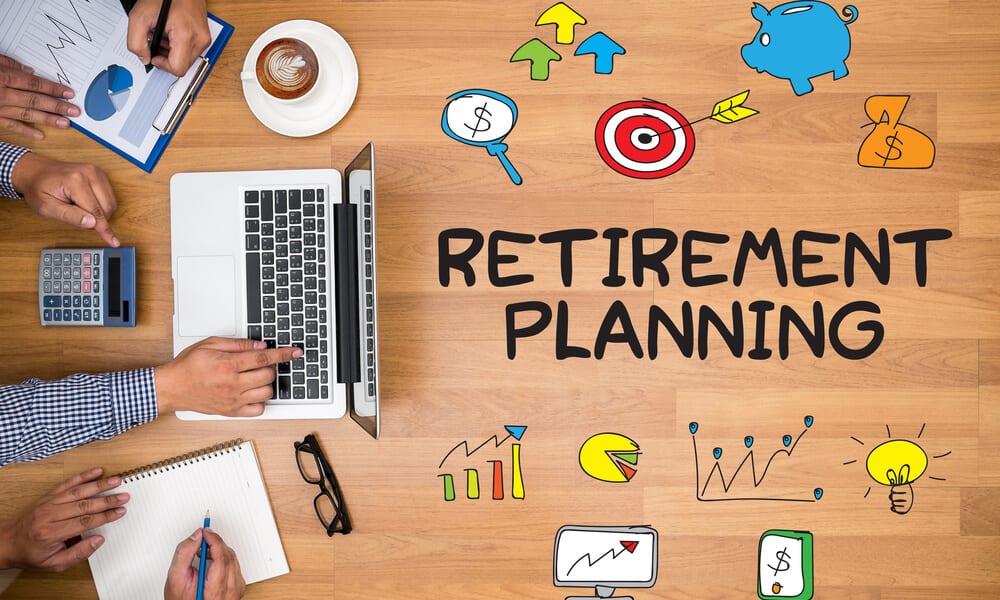How To Choose the Right Life Insurance Coverage Amount for Your Clients
Helping clients make informed decisions is crucial to selling financial products – especially when it comes to life insurance. Finding the right coverage amount for your client requires you to fully understand your client’s needs without over-insuring or suggesting a policy outside of their budget. We’ve put together this guide to help you pinpoint the best-fit products for your clients so you can help them reach their financial goals without overspending. Understand your client’s needs and goals There are no one-size-fits-all life insurance policies. Like all financial products, they are nuanced and tailored to the client. Having a solid understanding of your client’s financial needs and goals will play a pivotal role in finding a coverage amount that makes sense. To do that, you must first get to know your client. What’s their current financial situation? How many dependents do they have and what is their debt ratio like? Most importantly, what are their financial goals? Whether they want to pay off a mortgage, fund a child’s education or plan for retirement , understanding the kind of coverage they need can help you find their best-fit plan. Evaluate existing financial obligations Financial obligations will have a large impact on the coverage amount your client will need. What loans do they have? Mortgages, student loans and even credit card debt will need to be paid for if their income stops due to a critical illness, disability or death. Beyond that, consider your client’s day-to-day lifestyle when putting together the coverage amount. Life insurance is designed to make sure finances stay consistent when a loved one dies. To make that happen, the policy they choose should be enough to maintain the lifestyle they’re used to. Consider their family Your clients’ dependents will influence the amount of coverage and how they will use the policy. The age of their dependents will also influence the amount of coverage — the younger they are the more financial support they might need in the long run. Life insurance can help your client’s spouse if they die or become unable to work due to disability or critical illness. Understanding if their spouse is the focus of their protection can help you evaluate an appropriate coverage amount. They might be looking for protection that’s specific to the future of their children. Help them decide on an amount that will help support those futures. College tuition, healthcare, or helping them buy a home of their own should be considered when deciding on a policy coverage amount and term length. Understanding your client’s family is critical to understanding their life insurance needs. Take all of that information into account when deciding what coverage amount makes the most sense. Calculate the term length Calculating the duration of the coverage will influence the amount of the policy. Consider what that term looks like for your client. Even so far as the type of insurance can be identified. They might be looking for a policy that lasts the rest of their life (permanent or whole life insurance) or just coverage designed to last a designated period (term life insurance). While permanent life insurance policies can be straightforward, you might have to help them identify the length of coverage if they opt for a term life insurance policy. Most term life policies come in increments of 10-year durations. Depending on what your client needs to cover, they might decide on a shorter or longer length of time. For instance, if they’re using the policy to cover the length of their 30-year mortgage, they might opt for a term length of 30 years. Similarly, if they only want extra coverage to support them while their child is in high school and college, they might choose a policy that only lasts 10 years. Find a balance between affordability and protection One of the most crucial aspects of helping your clients find the best coverage amount is striking a balance between affordability and protection. Imagine a line graph where budget sits at one side, while coverage lines the other. A good life insurance agent can pinpoint the medium amount between those two and suggest it to their clients. It’s easy to fall into the trap of selling your clients more than they need (it’s good for business and guarantees they have enough) — instead, look for a coverage amount that is both cost-effective and meets every need your client has regarding their financial goals. Educate your clients Above all else, keep your clients educated and informed as you decide what coverage amount makes the most sense. Simplify any insurance jargon for them and help explain any complex insurance terms or concepts. Provide examples to help your clients visualize the impact of different coverage amounts so you can conclude on an amount that works all around. By supporting your client with this information, you can foster a long-lasting relationship and solidify yourself as a trusted advisor. Give them the space to ask as many questions as they have. You can highlight the importance of a personalized policy that fits their needs, but doing so will require that they understand why a given coverage amount makes the most sense. Find the right coverage with Symmetry Your success as a life insurance agent can hinge on your ability to properly estimate the best amount of coverage for your clients. By understanding your clients (and their needs) you can more accurately assess how much their life insurance product should cover. Everything from the size of their family to their retirement goals should be taken into account while discussing life insurance with your clients. Being diligent with this information will give you an edge when working with clients and make you a more reliable authority on life insurance.





